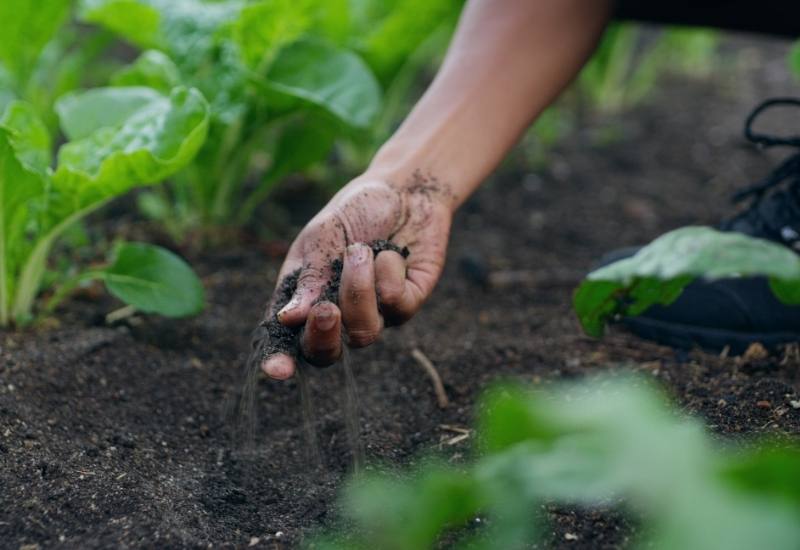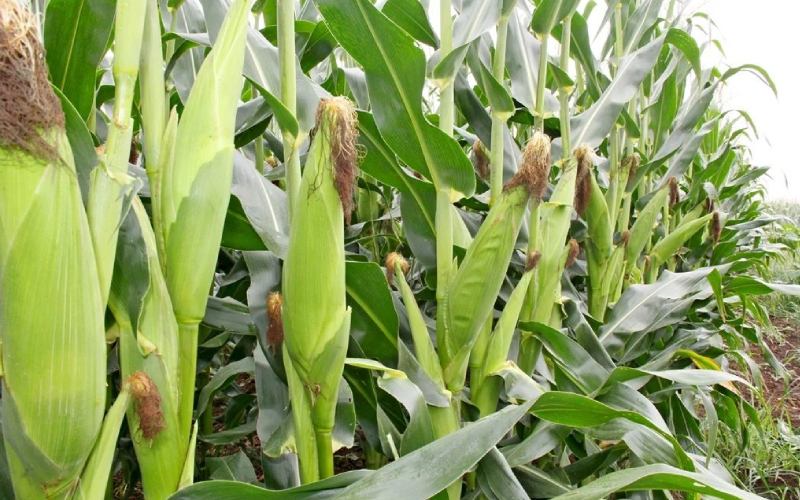- This aligns with this year's World Environment Day theme, "Land Restoration, Desertification and Drought Resilience," which calls for collective action to address the growing challenges posed by climate change.
As the world marks World Environment Day on June 5, 2024, environmental experts have taken the opportunity to raise awareness on the critical issues of climate change mitigation and land restoration.
This aligns with this year's World Environment Day theme, "Land Restoration, Desertification and Drought Resilience," which calls for collective action to address the growing challenges posed by climate change.
Speaking during the "Day Break" show on Citizen TV on June 5, 2024, Dr. William Ojwang, the Freshwater Lead at WWF-Kenya, emphasized the importance of water resource management in mitigating the effects of climate change.
"It is everybody's role when it comes to water resources management," Dr. Ojwang said. "One of the ways is strengthening catchment management. Two, is also ensuring that we reduce pollution. These are the kind of discussions that we need to have to ensure that Kenyans are not that water blind."
Dr. Ojwang further stressed the need to promote water adaptation through enhanced water storage, which he said begins with individuals. "Kenyans need to know that water does not come from the tap; water comes from the catchments. When it rains, if we had enhanced the sponginess of our catchments, then some of that water will be stored upstream, therefore reducing floods."
Read More
Ernest Chitechi, the CEO Corporate Affairs Manager at the Kenya Climate Innovation Centre (KCIC), emphasized the importance of an entrepreneurial and innovative approach to combating climate change.
"As KCIC, we are promoting entrepreneurship within the climate ecosystem so that people can ask themselves what alternatives they can employ to keep the environment safe at the same time having a source of income. This way, they can be able to build resilience within those particular communities," Chitechi said.
Chiteti underscored the importance of providing alternative livelihood options rather than just telling people to plant trees.
“If you tell me to plant a tree, but you are not providing me with alternative livelihood, then I will look at that tree as my only source of income. I will end up cutting that tree either to sell as timber or to burn it as charcoal so that I can sustain my livelihood,” he said.
However, Chiteti said KICC aims to offer viable alternatives such as planting fruit trees.
“You can harvest the fruits and sell. That way, a person who is staying near a forest will not see the forest as his only source of income,” he added.
Additionally, he highlighted the need for innovative solutions to achieve the government's plan to plant 15 billion trees by 2032, which he acknowledged would be a significant challenge given the limited land mass and growing population.
"The current plan by the government to plant 15 billion trees can be achieved, but there is the issue of land mass, which is the same, and the population which has grown. We need to have an innovative way in which we will achieve the 15 billion trees. People need to be sensitized on how to plant the trees, which calls for innovativeness to be able to combat issues to do with climate change and desertification."







